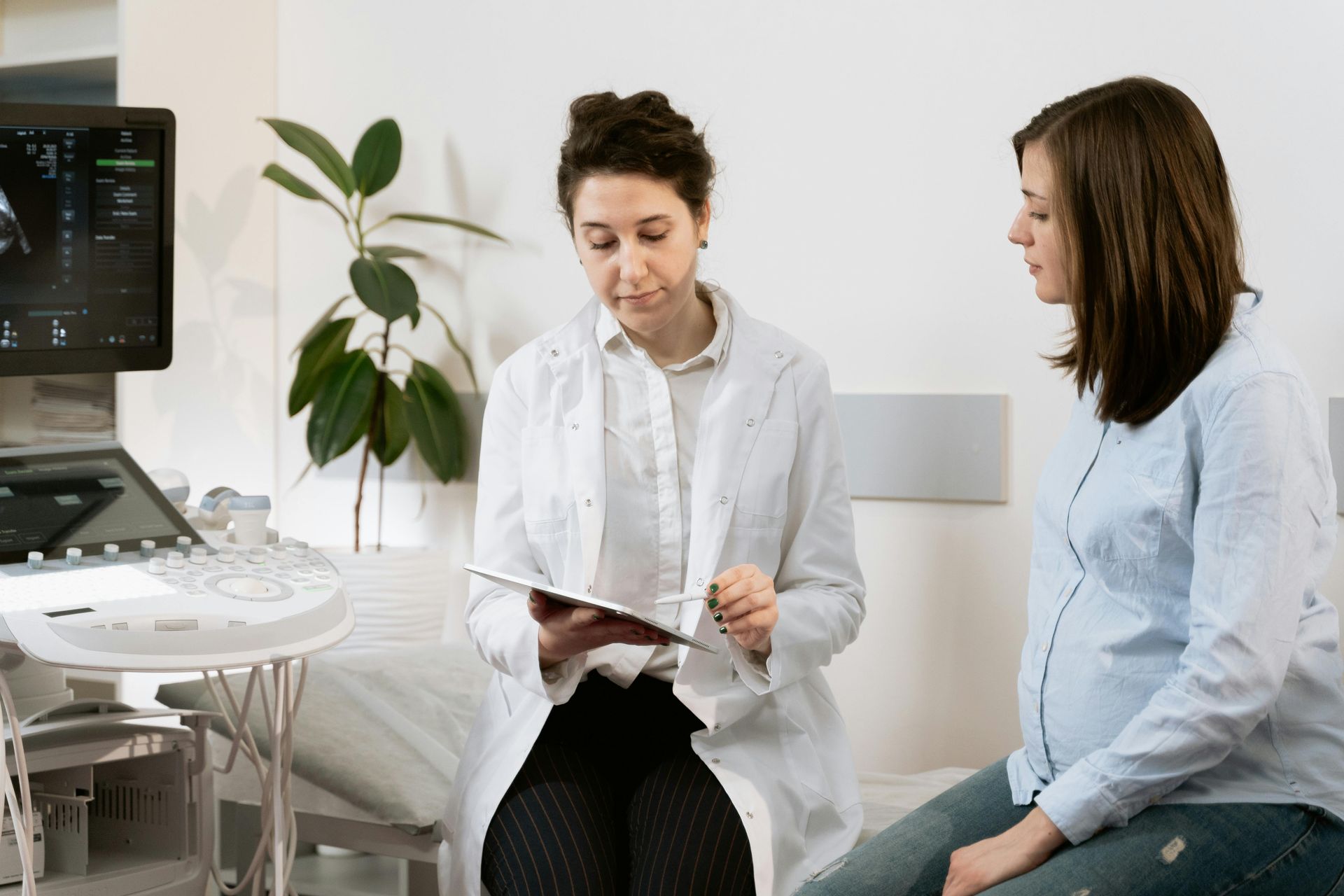8 Symptoms of Chlamydia in Women
8 Symptoms of Chlamydia in Women
8 Symptoms of Chlamydia to Watch For
Before we talk about the symptoms of chlamydia, let's discuss what chlamydia is.
What is Chlamydia?
Chlamydia is a common
Sexually Transmitted Disease (STD) that can cause serious, long-term damage to a woman's reproductive system. This may make it difficult or impossible to become pregnant in the future. Chlamydia can also cause an ectopic pregnancy (pregnancy that occurs outside the womb), which can be fatal.
What Are the Symptoms of Chlamydia in Women?
The majority of chlamydia cases are asymptomatic, which means that infected people have no noticeable symptoms in the early stages. It is estimated that approximately 75% of infections in women are asymptomatic. When symptoms do appear, they usually appear one to three weeks after infection.
Here are the most commonly reported chlamydia symptoms in women:
- Vaginal discharge that may have an odor
- Bleeding between periods
- Painful periods
- Abdominal pain
- Fever
- Pain when having sex
- Itching or burning near the vagina
- Pain when urinating
If you've recently had sex and are experiencing any of these symptoms,
schedule an appointment with us. We provide
free testing for chlamydia and gonorrhea.
How Can I Avoid Contracting Chlamydia?
Although condoms may provide some protection, they cannot completely eliminate your risk of contracting chlamydia during sex.
The only
completely effective way to protect yourself is to abstain from sex or to have sex with one monogamous, uninfected partner.
Can Chlamydia Be Treated?
Yes, chlamydia can be cured with oral antibiotics if detected early.
Chlamydia can be cleared up in a matter of weeks if treated. Even if your symptoms have subsided, you must finish all of your antibiotics, and your sex partner(s) should also be tested and treated to reduce the risk of disease transmission.
After finishing your antibiotics, you should be retested to see if your infection has been cured. Do not have intercourse again until your chlamydia test comes back negative.
Pregnancy and Chlamydia
If you are
pregnant and suspect you have chlamydia, please contact ACPC to
schedule a free chlamydia test. We also give reliable, science-based information to assist you in making
pregnancy decisions and protecting yourself from STDs.
Time to Get Tested
We can help you obtain answers to safeguard your health by offering a
no-cost, private STI test at ACPC Women's Clinic. We provide Chlamydia and Gonorrhea STI testing. We will go through the findings of the tests with you, listen to your concerns, and answer any questions you may have.
Make an appointment with us right now.







